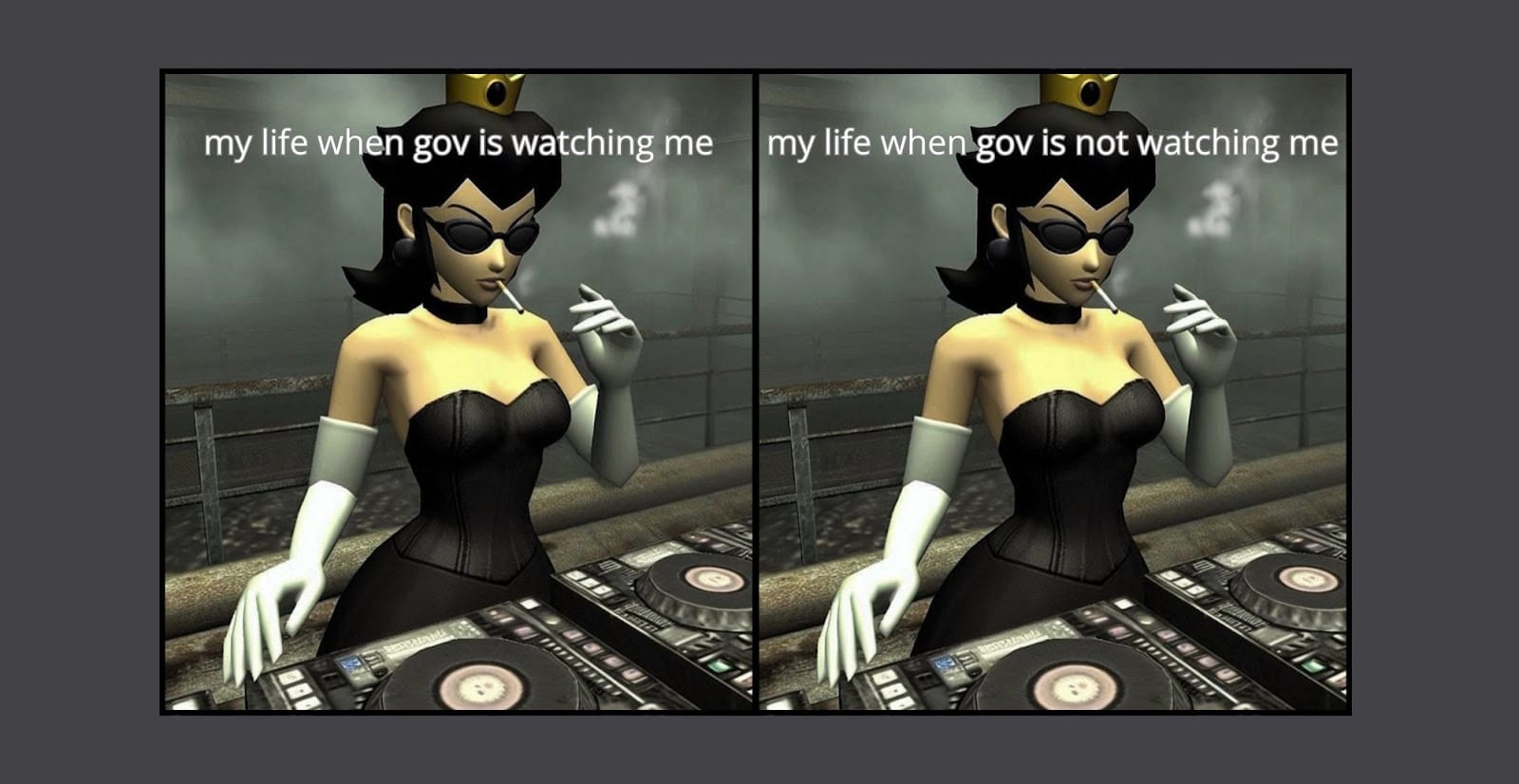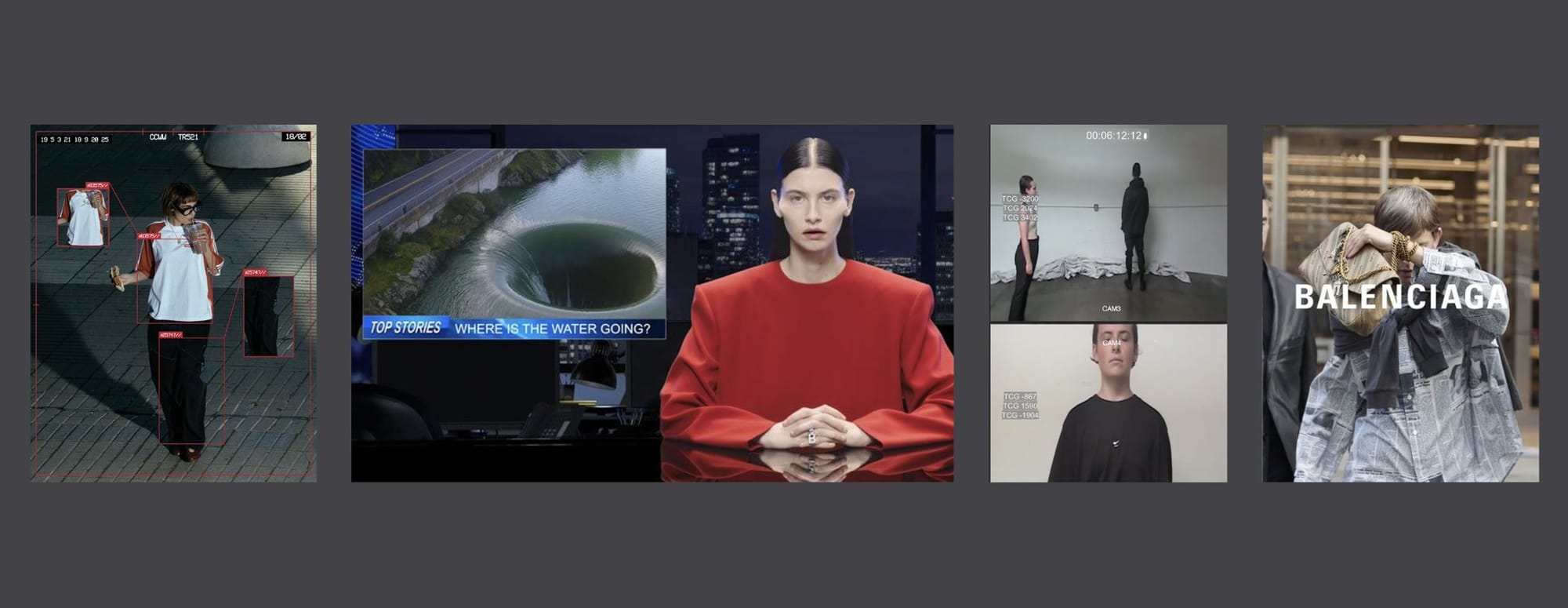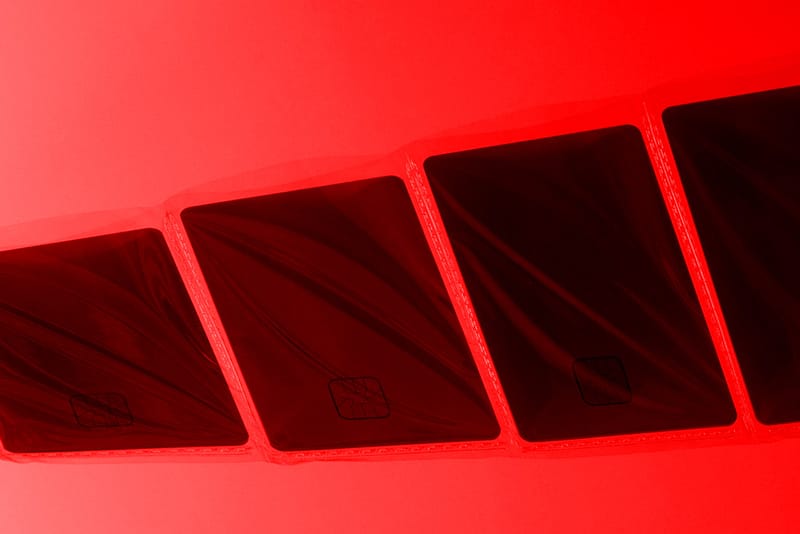Foucault Would Have Loved Balenciaga
We are entering the era of panopticore: mass surveillance made sexy to hide the violence inherent to being watched. But the pressure to perform is not code or policy.

"Oxford Dictionary defines Privacy as" -- well, it's the thing we keep losing while pretending we are safer without it. Digital Privacy has been associated with hiding, guilt tripping, and the Darknet; privacy kink shaming is programmed so deeply into our brains that we are compelled to associate not having privacy with security.
We all know the headlines: Governments cracking down on encrypted messaging, big tech hoarding your data, law makers who want to read your DM's - that's what we can see. But what do we feel? The pressure to share, to perform, to comply? That’s not code or policy.
What follows is an exploration of the cultural layer of digital privacy: how surveillance is becoming stylish, privacy unattainable, and why Foucault would have had a field day with what some fashion brands have been up to.
Foucault & Your Feed
Foucault, privacy's favorite dead theorist, wrote extensively about Jeremy Bentham’s Panopticon: a prison where inmates are not always visible to a watcher, but can't tell if they are being watched or not. The genius of Bentham’s invention is that inmates began to self-discipline.
Disciplinary power is a slow burn, and once fully internalized, it’s a control mechanism that works better than violence. It teaches you to behave, optimize and conform, because you're always being potentially watched.
Keeping Slack open on your grocery run? Feeling guilty for resting? Surveillance isn't something that's done to us anymore, we do it to ourselves – by tagging, posting, optimizing. We don't just accept the gaze, we perform for it, we profit from it, we are ride or die with the algorithm, and anyone who chooses to disengage is quickly labeled a paranoid freak.
It's predictive (your phone knows what you want before you do), participatory (you're training the algorithm yourself), and gamified (metrics, likes, views). Every action becomes a data point, collected to keep us in line.

The real dystopia is slowly leaking through:
- accepting surveillance as a given in pop culture (your assigned FBI officer)
- romanticizing facial scans, pixelated fonts, ID codes
- video production layered with thermal cams or timestamp overlays
- lookbooks styled like passports and CCTV stills
Surveillance has become an aesthetic. It's not a flaw anymore, it's a feature. Constant observation becomes fashion. And you know luxury brands can sell you anything if they put a fancy tag on it.

We are entering the era of panopticore: aestheticizing surveillance to the point where being watched becomes part of the look (and a word I came up with today). It hides the violence of surveillance, and if we keep going this way, the unfuckening of it will take a long time.
Privacy: Sold Out
In the meantime, legislation is catching up. All it takes is "Think of the children!!", and privacy becomes a threat in the average human’s mind. When people are culturally conditioned to associate privacy with guilt, surveillance is applauded, not just accepted. Propaganda is policy's best friend, and fear does excellent PR. Four Horsemen of the Infopocalypse
In the early 90s, there was a term for this, coined by the Cypherpunk Timothy May. The Four Horsemen of the Infopocalypse – drugs, money laundering, terrorism and pedophilia – served as an excellent trigger for people to subject themselves to total state surveillance. And we're falling for it again.
The lack of awareness of the growing power gap paired with our own complicity leaves only a small number of people with access to privacy. The tools are limited to the tech savvy, for the paranoid, and the educated. Privacy is on track to becoming a luxury good.
Ironically, (since transparency could be keeping the powerful accountable), your DM's can be screened by the government, while the officials are exempting themselves from the law (coming soon to EU™️), while you're participating in a digital strip search, calling it personalization.

Soft Power, Sharp Edges, and a Call for Hope
The bad news: we're in the last scene before opting out is not an option anymore. The good news: you're reading this article. It might not feel like a lot, but you are taking action. Humans are beautiful, chaotic and smart. When the system is taking all the wrong turns, we notice. Even better - we do things about it.
Gen Z grew up performing for the algorithm, and are now starting to question existing power structures. "Music festivals" are trending on TikTok as a way to bypass the algorithm to spread awareness about mass protests in the USA; "cute winter boots" are used to spread tips about avoiding surveillance for activists and immigrants; individuals on socials doing deep dives on politics are becoming more trusted over traditional media outlets. Skepticism is encouraged and being "obedient" is no longer the prized goal (that's dying out with the boomers). You know what, I have high hopes!
It will take one event, one viral video, one catchy clip for #Cypherpunks to start trending.
Independent journalism does not finance itself. If you enjoyed this article, please consider making a donation. If you would like to note a correction to this article, please email corrections@therage.co



